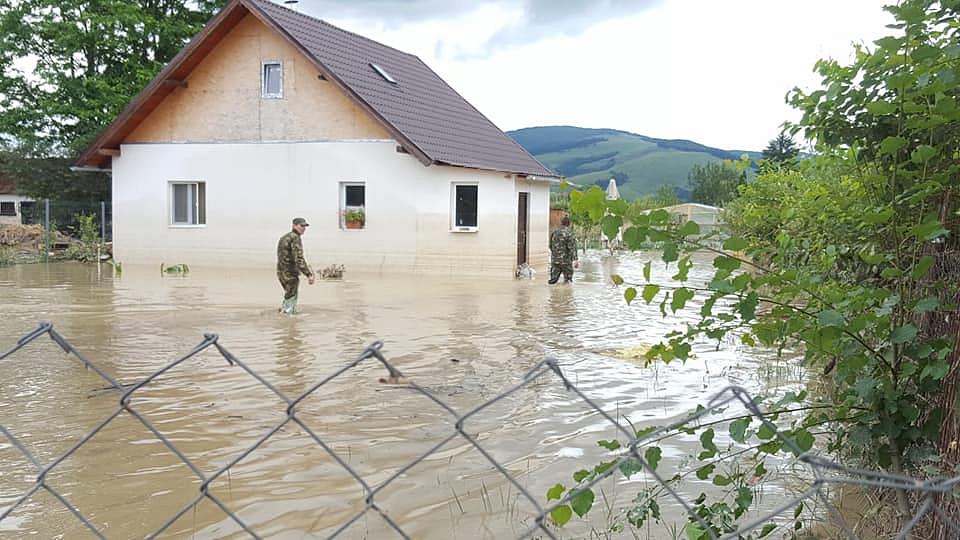WB: Romania, little prepared for natural disasters due to weak institutions

Romania is insufficiently prepared to face natural disasters due to the weakness of its institutions, World Bank economist Donato De Rosa warns.
“Whether it is about retrofitting buildings to make them resistant to earthquakes, climate-proofing and modernizing agriculture, improving water resources management or tackling flood risks, Romania’s readiness to overcome the consequences natural disasters is constrained by the weakness of its institutions,” De Rosa wrote in an opinion posted on the World Bank blog.
“Although Romanian authorities recognize that better policies and institutions can have an important role in reducing the economic costs of climate and natural disaster risks, there’s an unfinished reform agenda,” he added.
The WB economist gave the example of the 2010 floods in Romania, which caused EUR 1.1 billion in damages and affected over 12,000 people, including 26 fatalities. The consequences could have been less dire with better prevention, according to De Rosa.
“A study conducted by the World Bank and the Global Facility for Disaster Risk Reduction and Recovery (GFDRR) estimates that implementation of preventive measures in Romania could reduce asset losses by up to 13% and well-being losses by 16%.”
Climate and disaster risks are only going to increase in the future and much remains to be done in Romania to limit the consequences, the WB economist warns.
“Only better policies and a more effective institutional coordination will help reduce risks, protect the lives and wellbeing of Romanians, and minimize damage to natural, physical, and economic assets,” is his conclusion.
editor@romania-insider.com
(photo source: Facebook / Mapn)












